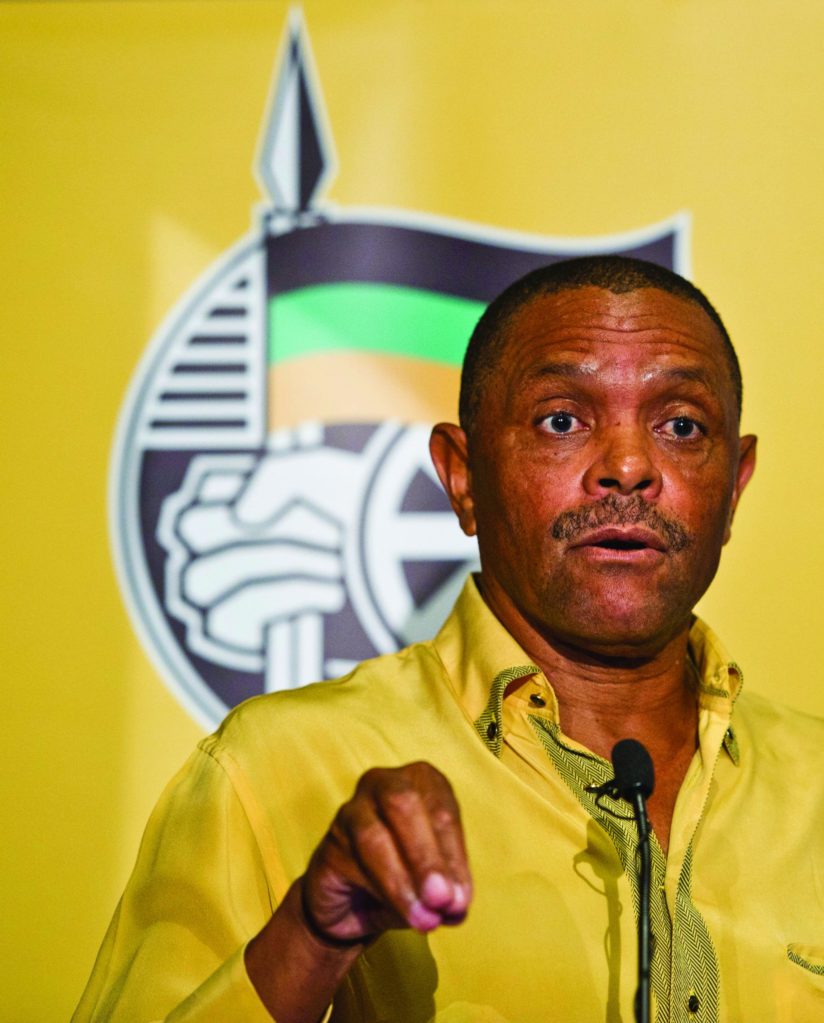It was the best of times. It was a time when anything seemed possible; a time when hope blew through the tall blue gum trees like the gentle autumn breeze that wafted us along the road. We were on our way to a military base – a place where you don’t usually look for silver linings. Maybe we were just younger and the world looked better.
It was April 1994 and behind the barbed wire and automatic weapons of this army base in Harare, the capital of Zimbabwe, there was a story that could have gladdened the heart of anyone sick of war. At this camp one of the symbolic last rites were going to be said over one of the nastier running wars of sub-Saharan Africa – or was that nastier running sores? At last, the days of surveillance, killings, and torture were over.
By the end of this day, former foes would swap stories of war over a cold beer in a new, unified, South African army; a few days later, on April 27, these soldiers would help make history. They were at polling stations as millions of South Africans lined up across the country to vote in the first delicate democratic elections that would bury nearly 350 years of minority rule.
Hope was in abundance in those crazy days in Harare. It had been the home for many political exiles from South Africa for decades. Furthermore, it seemed to be the last stop-off point for returning exiles in their sneakers and baseball caps.
“I’m going home to run my country,” they would say, in the bars of Harare, in accents more Los Angeles than Langlaagte. Most were well educated and well versed; but I always noticed a little uncertainty in their faces when they spoke of a country many had never seen.
Loading...
It all seemed so fresh then. The chance of a new start for one of the most tormented countries in Africa; a bountiful country about to throw off the shackles of sanctions and reap the rewards of an avalanche of post-apartheid investment – the rainbow nation in waiting.
This gathering at the army base in Harare paved the way for the historic elections. Soldiers of Umkhonto we Sizwe (MK) – the military wing of the African National Congress and APLA, the army of the Pan Africanist Congress – were preparing for election duty. It was likely to be difficult and dangerous task – as the soldiers drilled in Harare, bombs were going off in Johannesburg. Armed groups of all creeds and colors threatened to hurl South Africa into a civil war. The elections threatened to be a bloodbath.
Many thought it was too late to train troops for an election days away. That is what I asked the then head of MK, Siphiwe Nyanda, who was to become head of the new South African army and later a cabinet minister.
“We will be ready,” he smiled.
In the ranks on that day were a number of white South African troops who were going to have to fall in, in the new army, with black guerrilla fighters they once had been paid to kill.
“As long as they can reject their racism, we can work together,” said one of the battle-hardened guerrillas of his new white comrades.
Then there was the training. Military instructors spent hours instructing the former guerrillas how to thwart the very incursions and bombings that they had been carrying out for decades. Everyone was enthusiastic with one eye on a brighter future as poachers enthusiastically turned gamekeepers.
As the last beers were drained in the golden sunset and the troops climbed onto the back of trucks there was a feeling of camaraderie; almost an end-of-term levity about it. Former foes were to become the midwives of a new democracy.
Days later, we watched the pictures of millions casting their votes for the first time. The soldiers, trained in Harare, were vigilant; it is one of the small miracles of Africa that there was no violence as votes were cast.
On May 10, we watched again as helicopters carrying the new South African flag flew low over the Union Buildings in Pretoria to the cheers of thousands.
“Never, never and never again shall it be that this beautiful land will again experience the oppression of one by another and suffer the indignity of being the skunk of the world,” Nelson Mandela said to the world.
As we all watched with broad smiles, Norman Mahaja, our sound recordist on the Harare military base story, brought us crashing down to earth.
“I want to go down south and earn the rand now,” he said.
“Why?”
“Before it becomes like the Zimbabwe dollar.”
Loading...
